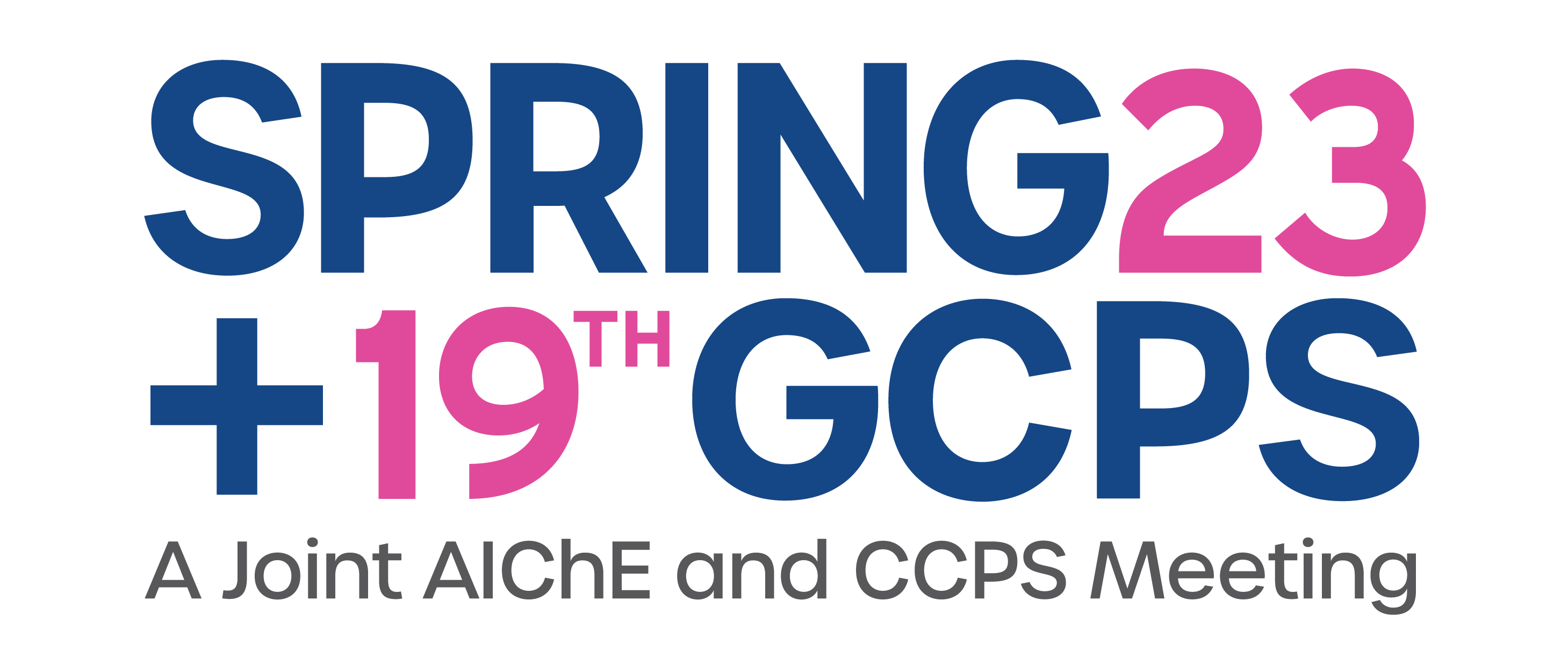

- Intelligent
- Consistent
- Offset-free
- Nominally stable
- Flexible
DRL technology will be assessed with respect to each requirement, exposing existing deficiencies, useful research directions, and potential solutions. It will be shown that DRL technology is not likely to replace currently used Proportional-Integral-Derivative (PID) or Model-Predictive Control (MPC) algorithms, however it may prove useful in managing control systems by helping to tune controllers [8,9,10], advising operators during upsets or transient operations [6], and by managing plant-wide disturbances such as diurnal changes and weather events [6].
A final section will outline several promising research directions for DRL technology [11].
References
[1] RS Sutton, AG Barto, “Reinforcement Learning – An Introductionâ€, The MIT Press, (2018).
[2] I Goodfellow, Y Bengio, A Courville, “Deep Learningâ€, The MIT Press, (2016).
[3] D Silver, A Huang, CJ Maddison, A Guez, L Sifre, G Van Den Driessche, J Schrittwieser, I. Antonoglou, V Panneershelvam, M Lanctot, “Mastering the game of Go with deep neural networks and tree searchâ€, Nature 529, 484–489 (2017).
[4] TP Lillicrap, JJ Hunt, A Pritzel, N Heess, T Erez, Y Tassa, D Silver, D Wierstra, “Continuous control with deep reinforcement learningâ€, arXiv:1509.02971 (2015).
[5] L Busoniu, T deBruin, D Tolic, J Kober, I Palunko, “Reinforcement learning for control: Performance, stability, and deep approximatorsâ€, Annual Reviews in Control, 46, 8-28, (2018).
[6] J Shin, TA Badgwell, KH Liu, JH Lee, “Reinforcement Learning – Overview of recent progress and implications for process controlâ€, Computers & Chemical Engineering, 127, 282-294 (2019).
[7] RN Nian, J Liu, B Huang, “A review on reinforcement learning: Introduction and applications in industrial process controlâ€, Computers & Chemical Engineering 139, 106886 (2020).
[8] T Badgwell, K Liu, N Subrahmanya, M Kovalski, “Adaptive PID controller tuning via deep reinforcement learningâ€, US Patent 10,915,073, (2021).
[9] O Dogru, K Velswamy, F Ibrahim, Y Wu, AS Sundaramoorthy, B Huang, S Xu, M Nixon, N Bell, “Reinforcement learning approach to autonomous PID tuningâ€, Computers & Chemical Engineering, 161, 107760 (2022).
[10] NP Lawrence, MG Forbes, PD Loewen, DG McClement, JU Backstrom, RB Gopaluni, “Deep Reinforcement Learning with Shallow Controllers: An Experimental Application to PID Tuningâ€, arXiv, 2111.07171v1 (2021).
[11] A Mesbah, KP Wabersich, AP Schoellig, MN Zeilinger, S Lucia, TA Badgwell, JP Paulson, “Fusion of Machine Learning and MPC under Uncertainty: What Advances Are on the Horizon?â€, American Control Conference, June 8-10, Atlanta, GA (2022).
Presenter(s)
Language
Pricing
Individuals
| AIChE Member Credits | 0.5 |
| AIChE Pro Members | $19.00 |
| Fuels and Petrochemicals Division Members | Free |
| AIChE Graduate Student Members | Free |
| AIChE Undergraduate Student Members | Free |
| AIChE Explorer Members | $29.00 |
| Non-Members | $29.00 |
